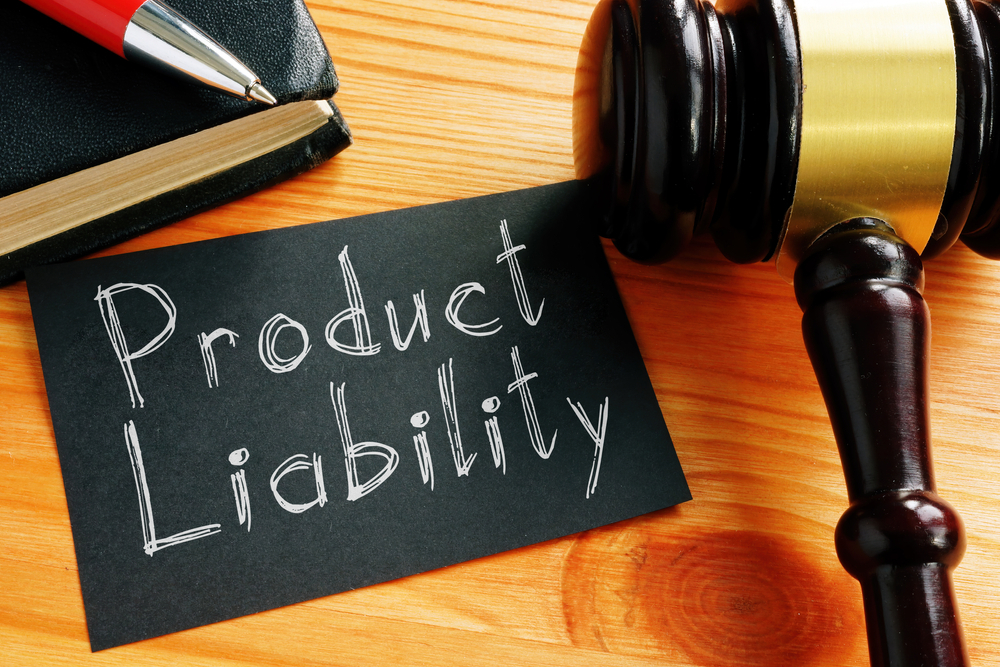Introduction
Because we live in such a litigious age, having adequate protection against legal action has become more important for both people and corporations. A person is held legally responsible for their acts or omissions if those actions or omissions cause injury or damage to another person or their property. This duty is referred to as liability. A significant number of individuals look to insurance as a kind of protection in order to alleviate the possible financial strain and legal repercussions that are involved with liability claims. This article delves into the idea of liability protection and focuses on the crucial part that insurance plays in shielding people and organisations from the risk of possible liabilities.
Comprehending the Concept of Liability Protection
The practise of safeguarding oneself or one’s assets against claims and legal action resulting from acts of carelessness, accidents, or other events that result in damage to others is referred to as liability protection. This preventative action helps reduce the financial risks that are often connected with obligations of this kind. Different kinds of responsibility, including personal liability, professional liability, product liability, and premises liability, are only some of the scenarios in which it may be applicable.
Personal liability refers to situations in which individuals are held responsible for accidents or injuries that occur on their property. Professional liability, on the other hand, focuses on protecting professionals (such as doctors, lawyers, and architects) from claims that arise due to errors or omissions in the provision of their services. Product liability refers to a situation in which makers and sellers are held responsible for faulty items that cause injury, while premises liability refers to the situation in which property owners are held responsible for incidents that occur on their facilities.
The Crucial Role That Insurance Plays in Providing Liability Protection
Because it offers monetary protection against prospective liabilities, insurance plays an essential part in the process of liability protection. The purpose of liability insurance plans is to shield policyholders from the whole financial burden that is often involved with the defence of legal claims and the payment of compensation judgements. Individuals and organisations may protect their financial well-being and continue to have peace of mind by shifting the risk associated with a potential loss to an insurance provider.
Different categories of liability coverage
General liability insurance is a kind of insurance that protects people as well as companies against claims that result from physical harm, damage to property, or personal injury. Businesses often obtain general liability insurance as a standard policy to protect themselves against a diverse assortment of liability hazards. This kind of insurance is sometimes seen as a core form of protection.
Professional Liability Insurance Professionals in a wide variety of industries, including physicians, attorneys, accountants, and consultants, often depend on professional liability insurance, which is sometimes referred to as errors and omissions insurance. This coverage protects against claims that may arise as a consequence of professional negligence, mistakes, or omissions that may cause clients or third parties to suffer financial loss.
Product Liability Insurance Product liability insurance is beneficial to all parties involved in the distribution of goods, including retailers, wholesalers, and manufacturers. This coverage provides protection against claims that may arise as a result of faulty goods that cause harm or damage to property.
Umbrella liability insurance is a kind of liability insurance that offers additional coverage above and beyond the limitations of a person’s or company’s primary policy. This insurance is purchased by people and corporations that are looking for additional liability protection. It is an addition to main liability insurance that provides greater liability limits and operates as a complement to such policies.
Advantages of Purchasing Liability Insurance
Protects people and organisations from Potentially Catastrophic Financial Losses Liability insurance protects people and organisations against potentially catastrophic financial losses that are the consequence of litigation and legal claims. As a result of the insurance company taking on the responsibility of paying for any legal fees, settlements, or judgements, policyholders’ assets and financial stability are safeguarded.
Legal Representation: Provisions for legal representation are often included in insurance plans. In the event that a liability claim is filed, the insurer will supply a lawyer to represent the insured party. This will relieve the insured party of the responsibility of locating and paying for legal counsel.
Protection of One’s Reputation: A person’s or company’s good name might be damaged by a successful liability suit. A dedication to responsibility and accountability may be shown in someone’s decision to purchase liability insurance. In the event that a claim is filed, having insurance coverage helps the insured party retain their image by proving their dedication to resolving the matter and paying the person who was harmed.
The knowledge that one is covered by liability insurance gives peace of mind and enables people and organisations to concentrate on the things that are most important to them without always worrying about the possibility of incurring further financial losses. This tranquilly of mind fosters a feeling of security and enables more confident decision-making since it allows for better clarity of thought.
Conclusion
In today’s increasingly litigious world, liability protection is one of the most important components of risk management. When people or organisations are confronted with the possibility of incurring money losses or experiencing emotional anguish as a result of prospective obligations, insurance plays an essential part in meeting both of these needs. Having enough coverage, whether it be general liability insurance, professional liability insurance, or product liability insurance, ensures that people and organisations can successfully handle the legal claims and any financial constraints that may arise. Individuals and organisations may protect their financial well-being and futures by acknowledging the significance of liability protection and purchasing appropriate insurance coverage. This is the best way to avoid potential disasters.






